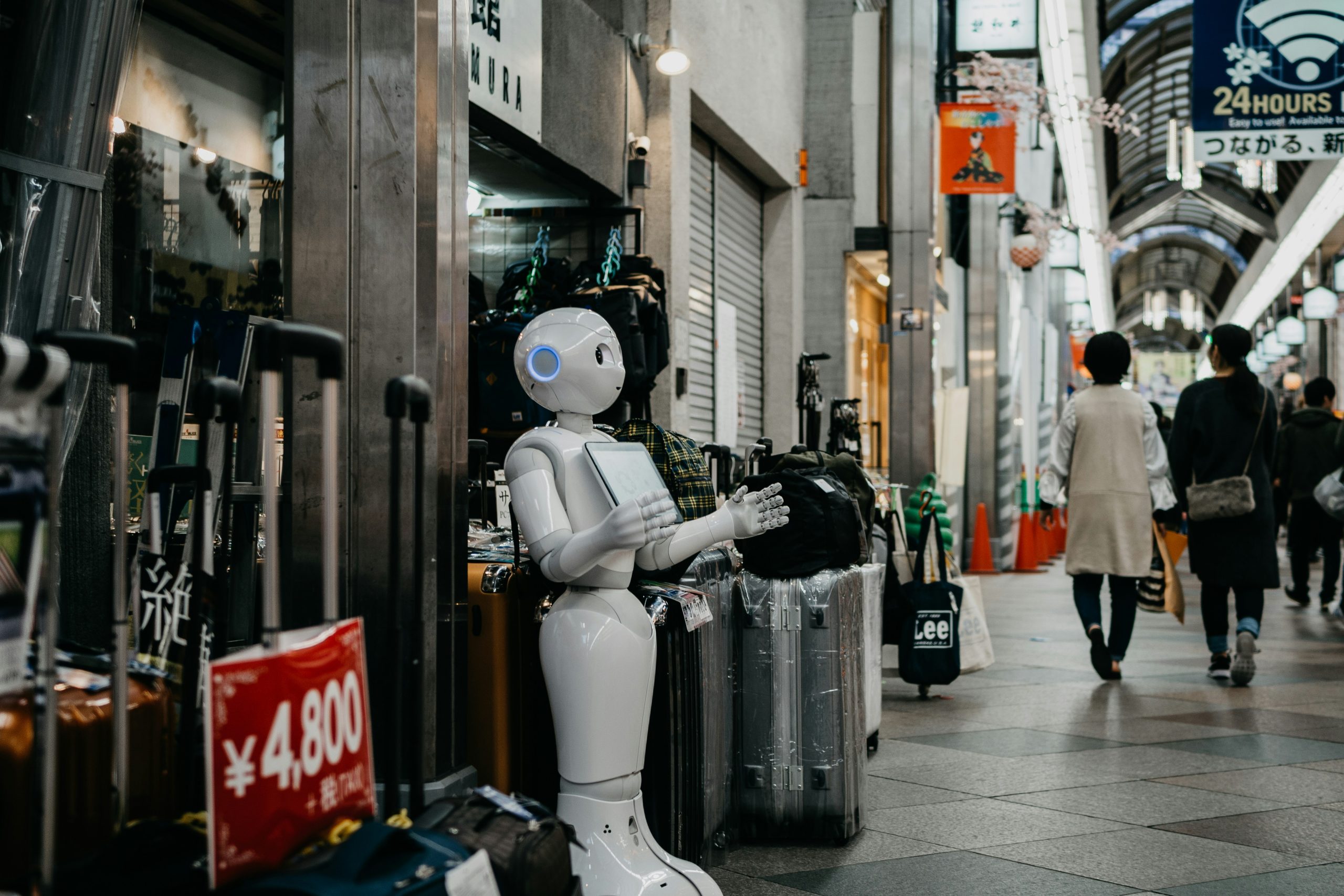news
Author as Entrepreneur: the new model for success

For hundreds of years, the image of the solitary writer as successful creative genius has been the dominant paradigm. Well, we have to rethink that — it seems that today’s successful author is looking more and more like a highly engaged startup entrepreneur than a solo artist.
According to the just released study from Digital Book World and Writer’s Digest What Authors Want: Understanding Authors in the Era of Self-Publishing, the hybrid author — an author who has published through traditional publishers, and non-traditional alternatives such as self-publishing — outperforms both their traditionally published and self-published peers by just about every measure.
Hybrid authors make on average $10K more a year from their writing than traditionally published authors surveyed, and nearly $31K a year more than the self-published authors. They also command higher advances, and demonstrate more sophisticated attitudes about everything from the importance of great editing to what “prestige” is really worth in a traditional deal. (It’s a fascinating survey — I highly recommend it.)
What also emerges from the survey is evidence of the effort they are putting in to engage their audience and build their business.
78% of hybrid authors are on Facebook versus 68% of their traditionally published colleagues, and 56% of their self-published colleagues.
Hybrid authors are also 10% more likely to be blogging, and have been on Twitter 12% longer than their traditionally published colleagues. That rises to 16%, and 23% respectively when compared with self-published authors.
Clearly these guys are working it.
I’ve written elsewhere about why I believe authors need to get as serious about their business as they are about their writing. It’s why I’m building a new breed of analytical tools for authors, and it’s why I joined my friends at O’Reilly Media’s Tools of Change project to co-chair the first Author (R)evolution Day* on 2/12 to get writers and the industry talking about these issues together.
And now, thanks to DBW & Writer’s Digest, for the first time we have some good hard data that contradicts the big myth that comes up in any discussion about the emergence of the successful entrepreneurial author: the blanket dismissal that authors as a class are incapable of both building a great business and writing great books, often at the same time.
Hybrid authors represented about a third of the total professional author respondents on the survey. What we’re seeing in this data is not just an outlier of a few hit-or-miss socially active authors. This survey systematically demonstrates that these hybrid authors are showing the classic hallmarks of successful entrepreneurial effort: early understanding and adoption, forward-leaning engagement, picking the right tools for specific purposes, gathering data on what’s working, evaluating the options, rolling up the sleeves & figuring it out.
There are those among you who may look at this pattern of entrepreneurial authorship as being only a little more attainable than walking on the moon. Take heart. This is the leading edge of the author market — not everyone will feel as comfortable with these ideas, or as adventurous with these kinds of skills (yet).
But I do think these authors are showing us the way toward a new model, and everyone can find something to use in these ideas.
There is one last myth to address — this idea that as an alternative best practice is emerging for successful authorship, authors will be forced to be cook, chef, and bottlewasher with no help or tools to work with. “It’s sign a publishing deal & let them handle it, or do it all completely on your alone.”
Being a good businessperson does not mean doing it all. In fact, it means NOT doing it all if you can help it. It means understanding your options, resources, and personal strengths, and then creating a business strategy that makes the most of what you have for maximum return. Often it means hiring to (or working around) your own weaknesses.
And yes, there is tremendous trial and error in being an entrepreneur. It’s a messy business. But the willingness to keep pushing it forward every day, and to learn from one’s mistakes is what makes all the difference.
I doubt if most of the hybrid authors on the survey feel like they are blazing a path to success. I’m sure it is a lonely slog for many. But together, they are clearly on to something, and now that we can see it, let’s embrace, celebrate it, and figure out how every author can take these ideas and apply them for better (and more profitable) success
*Interested in attending TOC’s Author (R)evolution Day on 2/12/13? Electric Literature readers can use the code EL350 to get $350 off any TOC package.
***
–Kristen McLean is a book futurist, consumer zoologist, and idea omnivore. She is also the founder & CEO of Bookigee, a Miami-based company that develops groundbreaking tools and innovative analytics to help the $28B book publishing industry meet the digital future. Additionally, she is the co-chair of O’Reilly Media’s first Author (R)evolution Day at TOC 2013. When Kristen isn’t building her company or speaking about the future of publishing, she’s on the prowl for great coffee and interesting conversation.









